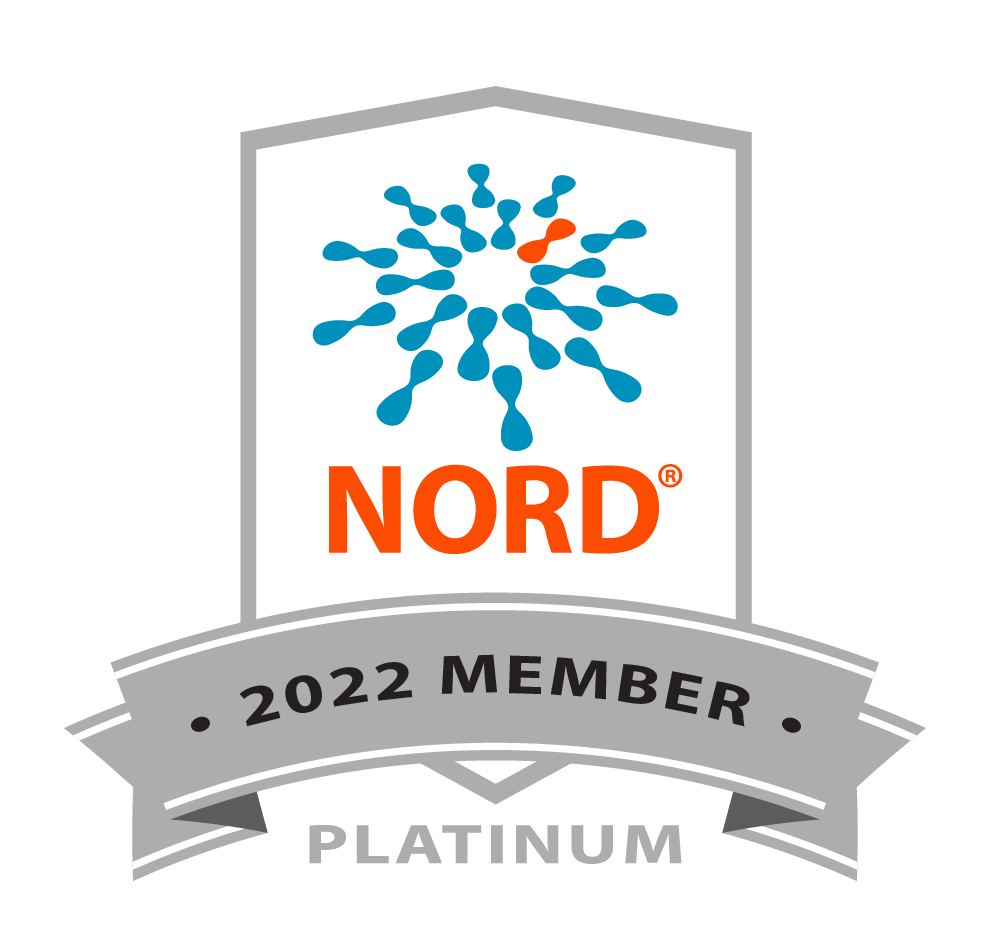TUCSON, Ariz., Oct. 6, 2022 — Critical Path Institute (C-Path) today announced that it has recently launched a pre-consortium collaboration with the U.S. Food and Drug Administration’s (FDA) Center for Biologics Evaluation and Research (CBER) and Center for Drug Evaluation and Research (CDER), focused on accelerating medical product development in alpha-1 antitrypsin deficiency (AATD). The FDA announced the pre-consortium today in a statement on its website.
The pre-consortium, Critical Path for alpha-1 antitrypsin deficiency (CPA-1), will work in partnership with AATD stakeholders to define tangible unmet needs in drug development for AATD and lay the groundwork for specific solutions to these needs, to be generated through the envisioned full consortium. This collaborative pre-consortium will provide a neutral environment for industry, regulatory agencies, academia, and the patient community to come together and actively contribute to advance promising solutions to facilitate medical product development for the benefit of individuals living with AATD and their families.
C-Path’s proven proficiencies will be leveraged to ensure the success of this effort. Specifically, the organization’s experience in generating tangible regulatory-grade solutions that have accelerated drug development across multiple other disease areas (including, but not limited to, rare and pediatric indications). Said solutions are based on C-Path’s core competencies, which include expertise in data management and standards, biomarkers, modeling and analytics, regulatory science, and clinical outcome assessments, as well as other existing efforts, like the Rare Disease Data and Analytics Platform (RDCA-DAP), which will provide the ability to integrate relevant patient-level data sources in AATD.
“FDA is partnering with C-Path to launch a pre-consortium collaboration aimed at addressing the need for clinical development tools in alpha-1 antitrypsin deficiency,” said Celia M. Witten, Ph.D., M.D., deputy director of FDA’s Center for Biologics Evaluation and Research. “There is a clearly demonstrated need for development of new treatments in this area and we believe that collaboration across stakeholders working toward this goal has the potential to help accelerate progress in the field.”
Alpha-1 antitrypsin deficiency is a clinically under-recognized condition associated with an increased risk of chronic liver disease in adults and children, and chronic obstructive pulmonary disease (COPD) in adults. Improving the quantitative understanding of actionable biomarkers and clinically meaningful endpoints will positively accelerate medical product development for this condition. A pre-competitive collaboration of the AATD stakeholder community is essential to realize this opportunity.
“This is our first collaboration with FDA’s CBER and we are thankful to the FDA for having entrusted us with the responsibility of managing and providing guidance to this important pre-consortium to advance therapeutics in AATD that are regulated by CBER or CDER,” said Kanwaljit Singh, M.D., M.P.H., C-Path’s Director of Pediatrics and Executive Director of CPA-1 pre-consortium.
“The highly collaborative style of C-Path’s public-private partnerships with active engagement from FDA and other relevant stakeholders — industry, academia, foundations and parent groups — makes us ideally positioned to transform drug development in some of these conditions with the highest amount of unmet needs, including AATD,” explained Klaus Romero, M.D., M.S., F.C.P., C-Path’s Chief Science Officer and Executive Director of Clinical Pharmacology.
To learn more and inquire about the Critical Path for Alpha-1 pre-consortium, contact cpa1@c-path.org.











